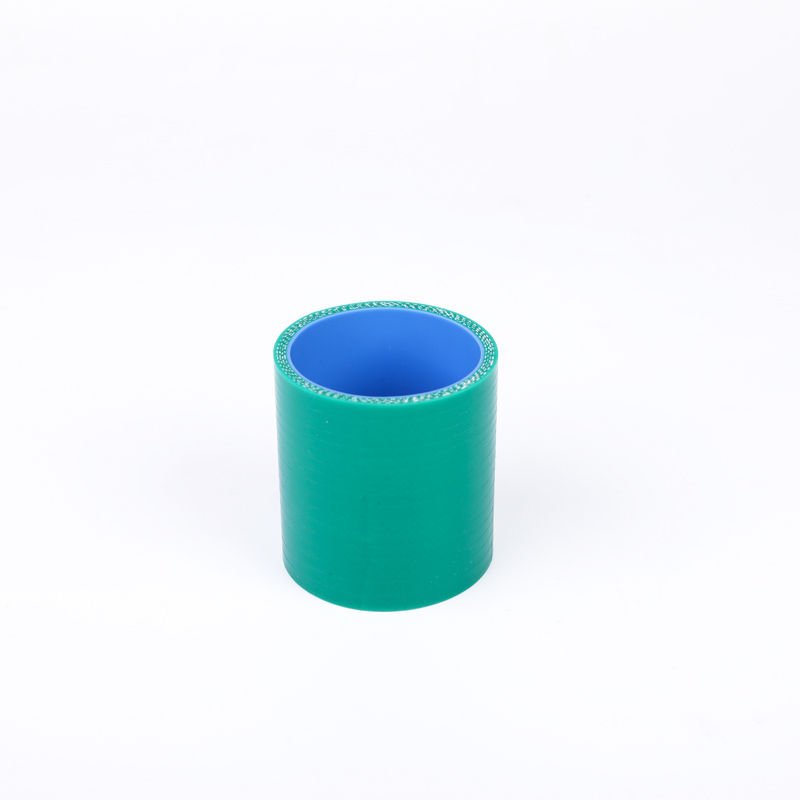Silicone hoses are used in a wide range of applications, including automotive, industrial, and medical, and as such, they need to meet specific quality and performance standards to ensure their safety, reliability, and durability.
Here are some of the key quality and performance standards that silicone hoses need to meet:
Material properties: Silicone hoses need to meet certain material properties to ensure their performance and durability. These properties include tensile strength, elongation, tear strength, and compression set, among others. The material properties will vary depending on the specific application and operating conditions of the hoses.
Temperature resistance: Silicone hoses need to be able to withstand high temperatures without degrading or failing. The temperature resistance will vary depending on the specific application, but generally, silicone hoses need to be able to withstand temperatures ranging from -70°C to 200°C or higher.
Pressure resistance: Silicone hoses also need to be able to withstand high pressure without bursting or leaking. The pressure resistance will vary depending on the specific application, but generally, silicone hoses need to be able to withstand pressures ranging from a few psi to several hundred psi or higher.
Chemical resistance: Silicone hoses may be exposed to a wide range of chemicals, including automotive fluids, industrial solvents, and medical gases. As such, they need to be able to resist chemical degradation and maintain their performance over time.
Regulatory compliance: Depending on the specific application, silicone hoses may need to meet certain regulatory compliance requirements, such as those set by the FDA for medical applications or by the SAE for automotive applications.
Overall, silicone hoses need to meet specific quality and performance standards to ensure their safety, reliability, and durability in their intended applications. 3 silicone hose It’s important to work with an experienced silicone hose manufacturer who can help you select the appropriate materials and ensure that your hoses meet the required quality and performance standards for your specific application.
What are some specific regulatory compliance requirements for silicone hoses in medical applications?
Silicone hoses used in medical applications need to meet specific regulatory compliance requirements to ensure their safety and efficacy.
Here are some of the key regulatory compliance requirements for silicone hoses in medical applications:
US FDA regulations: In the United States, silicone hoses used in medical applications are regulated by the US Food and Drug Administration (FDA). Silicone hoses used in medical devices must comply with FDA regulations, including those related to biocompatibility, sterilization, and labeling.
Biocompatibility: Silicone hoses used in medical applications must be biocompatible, meaning that they do not cause an adverse reaction when in contact with living tissue. Biocompatibility testing may include cytotoxicity testing, sensitization testing, and other tests to ensure that the material is safe for use in medical devices.
Sterilization: Silicone hoses used in medical applications must be able to withstand sterilization processes, such as autoclaving or irradiation, without degrading or losing their performance. The hoses may need to be packaged in a way that maintains their sterility until they are used.
Labeling: Medical device manufacturers must label their products with specific information, such as the name and address of the manufacturer, the intended use of the product, and any warnings or precautions that users should be aware of.
ISO 13485: Manufacturers of medical devices, including silicone hoses, may also need to comply with ISO 13485, which is an international standard for quality management systems for medical devices. Compliance with this standard helps to ensure that medical devices are produced in a consistent and controlled manner, and that they meet the required quality and performance standards.
Overall, compliance with regulatory requirements is essential for silicone hoses used in medical applications to ensure their safety and efficacy. Medical device manufacturers must work closely with regulatory agencies and compliance experts to ensure that their products meet all applicable regulatory requirements and standards.
